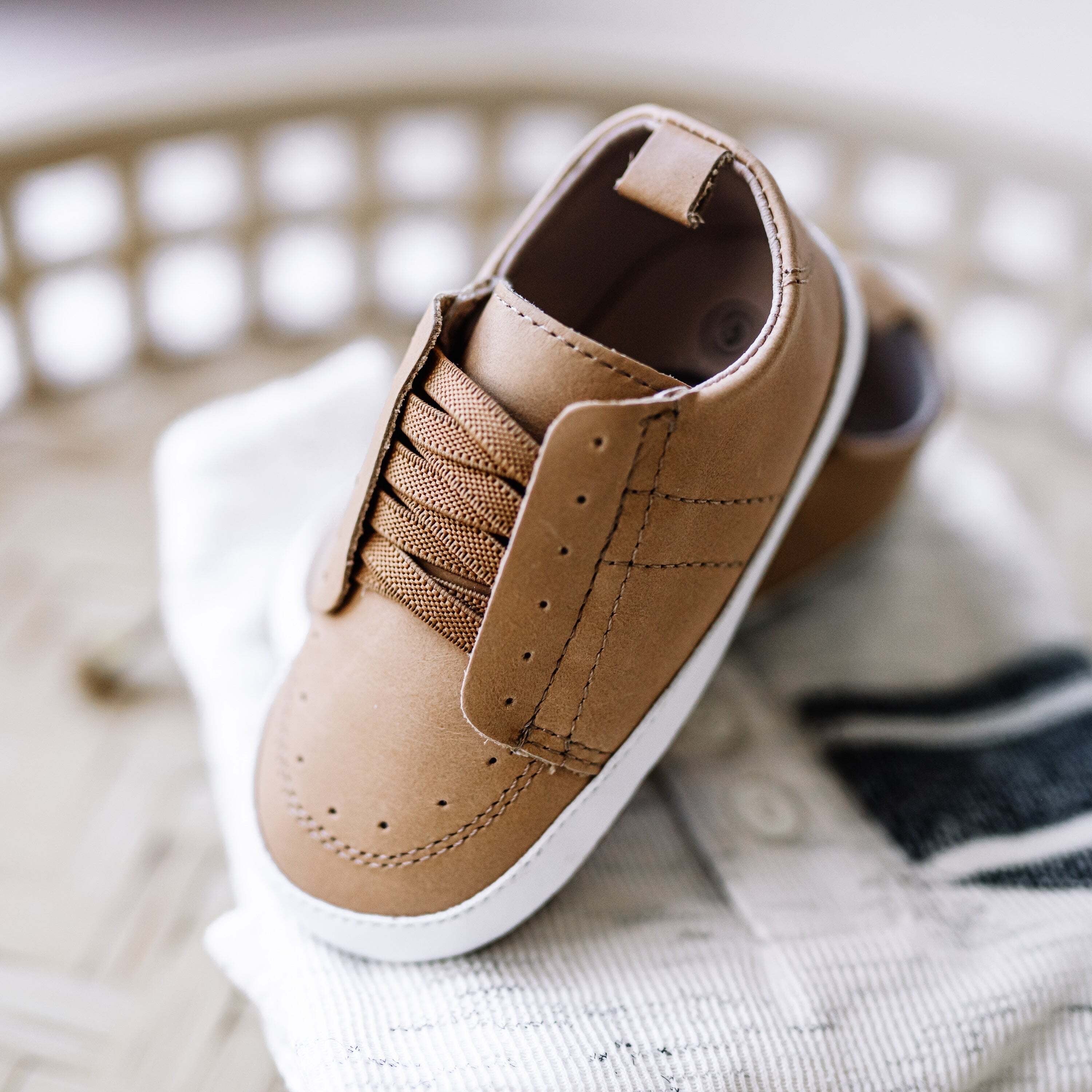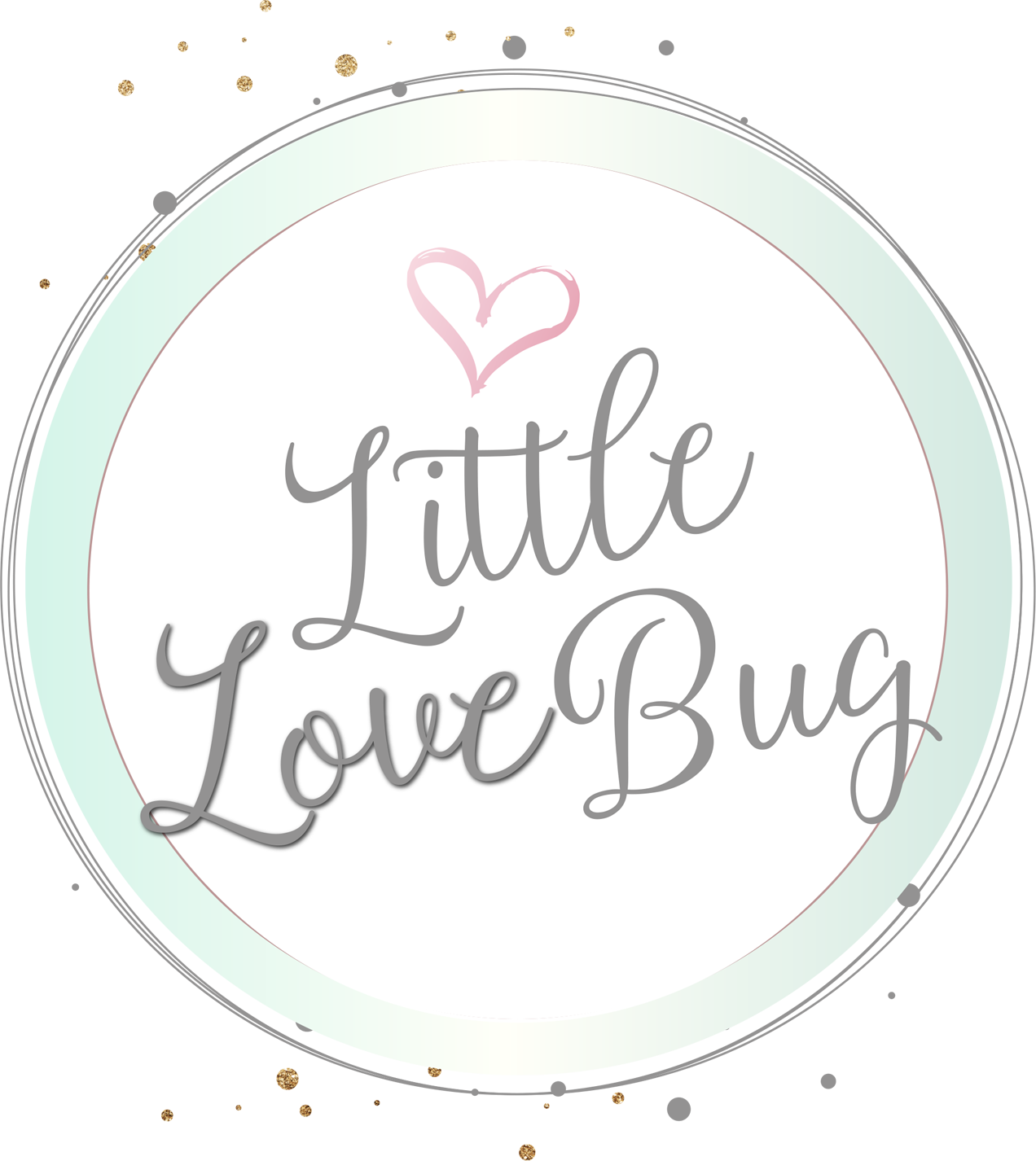Understanding Baby Spit Up: Causes, Amounts, and When to Seek Medical Attention
Introduction:
Spit up is a common occurrence among infants, and many parents may find themselves concerned about the frequency and quantity of their baby's spit up. In this article, we will provide parents with valuable insights into what baby spit up looks like, how much is considered normal, what to expect, when to be concerned, and general practices advised by doctors.
What does baby spit up look like?
Baby spit up is typically a small amount of curdled milk or clear liquid that is regurgitated from the stomach. It may have a sour smell and occasionally contain small chunks. Spit up can vary in consistency and appearance depending on the baby's diet and feeding habits.
How much spit up is too much?
It's important to remember that spit up is a normal part of a baby's digestive process. However, if you are concerned about the quantity, consider the following:
1. Normal spit up: If your baby spits up small amounts after feedings and is otherwise content, gaining weight, and showing no signs of discomfort, it is likely within the normal range.
2. Excessive spit up: If your baby consistently spits up large amounts, experiences discomfort, shows poor weight gain, or exhibits signs of distress, it may be considered excessive and warrant further evaluation.
What to expect when your baby spits up:
Spitting up is most common in the first few months of life and typically diminishes as the baby's digestive system matures. Here are some common expectations:
1. Frequency: It is normal for babies to spit up after feedings, with some spitting up more than others. This can occur after every feeding or just occasionally throughout the day.
2. Baby's demeanor: In most cases, babies are unaffected by spit up and continue to be happy and content. They may even want to feed again soon after spitting up.
3. Weight gain: Babies who are spitting up within normal limits generally continue to gain weight steadily. However, consult a healthcare professional if you have concerns about your baby's weight gain.
What to do if you think your baby is spitting up too much:
If you believe your baby is spitting up excessively or if you have concerns, consider the following steps:
1. Feeding techniques: Ensure that you are using proper feeding techniques, such as burping your baby frequently during and after feedings. This can help reduce the amount of air swallowed and decrease spit up.
2. Smaller, more frequent feedings: Offering smaller, more frequent feedings can help prevent overfeeding and reduce the chances of excessive spit up.
3. Keep your baby upright: After feedings, hold your baby upright or place them in an inclined position for at least 30 minutes to help gravity keep the milk down.
4. Monitor for signs of discomfort: If your baby shows signs of pain, distress, or refuses to feed due to excessive spit up, consult your healthcare provider for further evaluation.
When to contact a doctor:
While most cases of spit up are normal, it's important to contact your doctor if you observe the following:
1. Frequent projectile vomiting: If your baby forcefully spits up with significant force, projecting the milk across the room, it may indicate a more serious condition.
2. Poor weight gain: If your baby is consistently spitting up excessively and failing to gain weight or showing signs of poor growth, consult your doctor for a thorough evaluation.
3. Signs of discomfort or distress: If your baby is in pain, experiencing persistent irritability, arching their back, or showing other signs of distress along with excessive spit up, seek medical advice.
General Practices Advised by Doctors:
1. Feed in an upright position: When feeding your baby, ensure they are in an upright position to minimize the chances of milk flowing back into the esophagus. This helps reduce the occurrence of spit up.
2. Burp your baby during and after feedings: Take breaks during feedings to burp your baby. This helps release any trapped air in the stomach, reducing the likelihood of excessive spit up.
3. Avoid overfeeding: Pay attention to your baby's hunger cues and avoid overfeeding. Overfeeding can lead to a fuller stomach, increasing the likelihood of spit up. Feed your baby at a comfortable pace and allow them to signal when they are full.
4. Hold off on vigorous activities after feedings: Engaging in active play or placing your baby in a bouncy seat immediately after feeding can increase the chances of spit up. Wait for at least 30 minutes before engaging in such activities.
5. Consider smaller, more frequent feedings: If your baby consistently spits up large amounts, try offering smaller feedings more frequently throughout the day. This can help reduce the volume of milk in the stomach at any given time.
6. Keep your baby's head elevated during sleep: When putting your baby to sleep, elevate their head slightly using a firm pillow or by adjusting the crib mattress. This can help prevent reflux and reduce nighttime spit up.
7. Avoid tight clothing around the abdomen: Dress your baby in loose-fitting clothing that does not put pressure on their abdomen. Tight clothing can increase discomfort and contribute to excessive spit up.
8. Monitor your baby's growth and overall well-being: Regularly track your baby's weight gain and development. If you notice any sudden changes, such as a significant decrease in weight gain or signs of distress, consult your healthcare provider.
Remember, every baby is unique, and some may naturally spit up more than others. However, if you have concerns or if your baby's spit up becomes frequent, forceful, or associated with other worrisome symptoms, it's essential to reach out to your doctor for a thorough evaluation. They can provide personalized guidance and determine if further medical intervention is necessary.
By following these general practices and seeking medical advice when needed, you can effectively manage and address baby spit up, ensuring your little one stays healthy, comfortable, and thriving.
Introduction:
Spit up is a common occurrence among infants, and many parents may find themselves concerned about the frequency and quantity of their baby's spit up. In this article, we will provide parents with valuable insights into what baby spit up looks like, how much is considered normal, what to expect, when to be concerned, and general practices advised by doctors.
What does baby spit up look like?
Baby spit up is typically a small amount of curdled milk or clear liquid that is regurgitated from the stomach. It may have a sour smell and occasionally contain small chunks. Spit up can vary in consistency and appearance depending on the baby's diet and feeding habits.
How much spit up is too much?
It's important to remember that spit up is a normal part of a baby's digestive process. However, if you are concerned about the quantity, consider the following:
1. Normal spit up: If your baby spits up small amounts after feedings and is otherwise content, gaining weight, and showing no signs of discomfort, it is likely within the normal range.
2. Excessive spit up: If your baby consistently spits up large amounts, experiences discomfort, shows poor weight gain, or exhibits signs of distress, it may be considered excessive and warrant further evaluation.
What to expect when your baby spits up:
Spitting up is most common in the first few months of life and typically diminishes as the baby's digestive system matures. Here are some common expectations:
1. Frequency: It is normal for babies to spit up after feedings, with some spitting up more than others. This can occur after every feeding or just occasionally throughout the day.
2. Baby's demeanor: In most cases, babies are unaffected by spit up and continue to be happy and content. They may even want to feed again soon after spitting up.
3. Weight gain: Babies who are spitting up within normal limits generally continue to gain weight steadily. However, consult a healthcare professional if you have concerns about your baby's weight gain.
What to do if you think your baby is spitting up too much:
If you believe your baby is spitting up excessively or if you have concerns, consider the following steps:
1. Feeding techniques: Ensure that you are using proper feeding techniques, such as burping your baby frequently during and after feedings. This can help reduce the amount of air swallowed and decrease spit up.
2. Smaller, more frequent feedings: Offering smaller, more frequent feedings can help prevent overfeeding and reduce the chances of excessive spit up.
3. Keep your baby upright: After feedings, hold your baby upright or place them in an inclined position for at least 30 minutes to help gravity keep the milk down.
4. Monitor for signs of discomfort: If your baby shows signs of pain, distress, or refuses to feed due to excessive spit up, consult your healthcare provider for further evaluation.
When to contact a doctor:
While most cases of spit up are normal, it's important to contact your doctor if you observe the following:
1. Frequent projectile vomiting: If your baby forcefully spits up with significant force, projecting the milk across the room, it may indicate a more serious condition.
2. Poor weight gain: If your baby is consistently spitting up excessively and failing to gain weight or showing signs of poor growth, consult your doctor for a thorough evaluation.
3. Signs of discomfort or distress: If your baby is in pain, experiencing persistent irritability, arching their back, or showing other signs of distress along with excessive spit up, seek medical advice.
General Practices Advised by Doctors:
1. Feed in an upright position: When feeding your baby, ensure they are in an upright position to minimize the chances of milk flowing back into the esophagus. This helps reduce the occurrence of spit up.
2. Burp your baby during and after feedings: Take breaks during feedings to burp your baby. This helps release any trapped air in the stomach, reducing the likelihood of excessive spit up.
3. Avoid overfeeding: Pay attention to your baby's hunger cues and avoid overfeeding. Overfeeding can lead to a fuller stomach, increasing the likelihood of spit up. Feed your baby at a comfortable pace and allow them to signal when they are full.
4. Hold off on vigorous activities after feedings: Engaging in active play or placing your baby in a bouncy seat immediately after feeding can increase the chances of spit up. Wait for at least 30 minutes before engaging in such activities.
5. Consider smaller, more frequent feedings: If your baby consistently spits up large amounts, try offering smaller feedings more frequently throughout the day. This can help reduce the volume of milk in the stomach at any given time.
6. Keep your baby's head elevated during sleep: When putting your baby to sleep, elevate their head slightly using a firm pillow or by adjusting the crib mattress. This can help prevent reflux and reduce nighttime spit up.
7. Avoid tight clothing around the abdomen: Dress your baby in loose-fitting clothing that does not put pressure on their abdomen. Tight clothing can increase discomfort and contribute to excessive spit up.
8. Monitor your baby's growth and overall well-being: Regularly track your baby's weight gain and development. If you notice any sudden changes, such as a significant decrease in weight gain or signs of distress, consult your healthcare provider.
Remember, every baby is unique, and some may naturally spit up more than others. However, if you have concerns or if your baby's spit up becomes frequent, forceful, or associated with other worrisome symptoms, it's essential to reach out to your doctor for a thorough evaluation. They can provide personalized guidance and determine if further medical intervention is necessary.
By following these general practices and seeking medical advice when needed, you can effectively manage and address baby spit up, ensuring your little one stays healthy, comfortable, and thriving.


